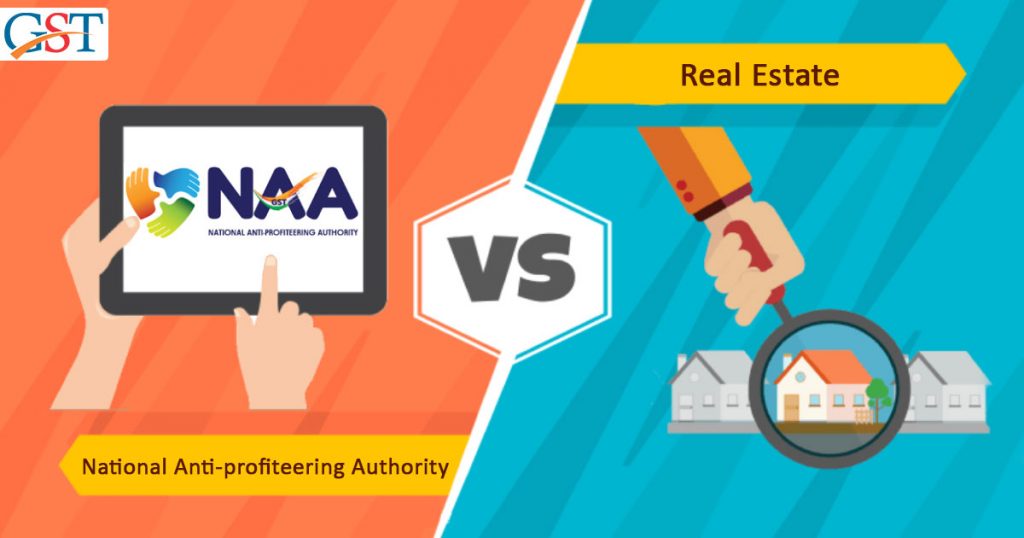
Constitutional lawfulness of the National Anti-profiteering Authority (NAA) has been challenged by some real estate developers due to the absence of judicial members as a part of authority while condemning the interest levied by NAA on penalties.
Around 50 real estate developers throughout India had received notices from NAA on account of not passing the tax benefits to their customers and taking advantage of the Goods and Services Tax (GST) mechanism. But real estate developers are not on board with NAA’s decision of associating interest with the penalty for not passing on the tax rate reduction benefits to their customers.
One developer filed a writ petition in the Delhi High Court, stating that NAA is like a tax tribunal but since the authority does not have a single judiciary member, it can not be regarded as constitutional and justifiable. The petition filed in Delhi HC reads, “In the absence of a judicial member, the constitution of NAA is unconstitutional and untenable.”
Under the GST framework, the benefits sprouting out of the rate cut down have to be transmitted to the customers. If the company fails to pass on the benefits to the customers, penalty along with interest can be levied on such companies by NAA on account of profiteering from the GST regime.
According to the GST Act’s section that takes care of anti-profiteering, “Any reduction in the rate of tax on any supply of goods or services or the benefit of the input tax credit (GST) 
Under the GST regime, there is a mechanism under which tax paid by the company while buying raw materials or other services can be conveyed to the buyer on selling the goods or services. This mechanism refers to as an Input tax credit. ITC allows a dealer to subtract taxes paid on inputs from the taxes payable on output.
Many metro cities based real estate developers failed to pass on the ITC-related benefits to their customers, in the wake of which penalty was levied on them. The defaulters include real estate developers from Bengaluru, Chennai, Delhi, and Mumbai. When investigated by NAA, these developers found to be tax lawbreakers for not forwarding the benefits of the input tax credit to their customers. However, real estate developers are not on board to accept these penalties because NAA has coincided interest with penalties.
Read Alos: Impact of GST on Real Estate Sector in India

“The question of interest applicability doesn’t arise as the statutory provisions (Section 171) do not provide for interest,” stated Abhishek A Rastogi, partner at Khaitan & Co, realtors’ representative in the case.
The issue cropped up when the indirect tax officials began interrogating real estate developers on transition credit availed by them. The real estate had adjusted the taxes paid before the GST regime against the liabilities under GST. The tax department directed the reversal of such a transaction.
Transition credit was claimed on under-construction buildings by many real estate players, presenting such under-construction apartments as their stock or inventory. However, the tax department disapproved of such claims and sent notice to the developers. Notably, the tax liability for some top-notch real estate players reached hundreds of crores.
In the past, other sectors like FMCG, pharma were also interrogated by NAA on the grounds of profiteering from the GST (Goods and Services Tax) rate 
The government, as well as the indirect tax department, were drawn to the court by some companies over the issues where GST applicability on deals can bring the long term land lease deals under risk.
According to some reports, a writ petition was also filed in the Rajasthan High Court by the real estate players, concerning the issue.
As per the current rules, lease transactions for the long-term attract 18% GST and according to some industrialists, the GST paid turns in an absolute cost because it can not be used as an ITC when the recipient wants to build any commercial building there.